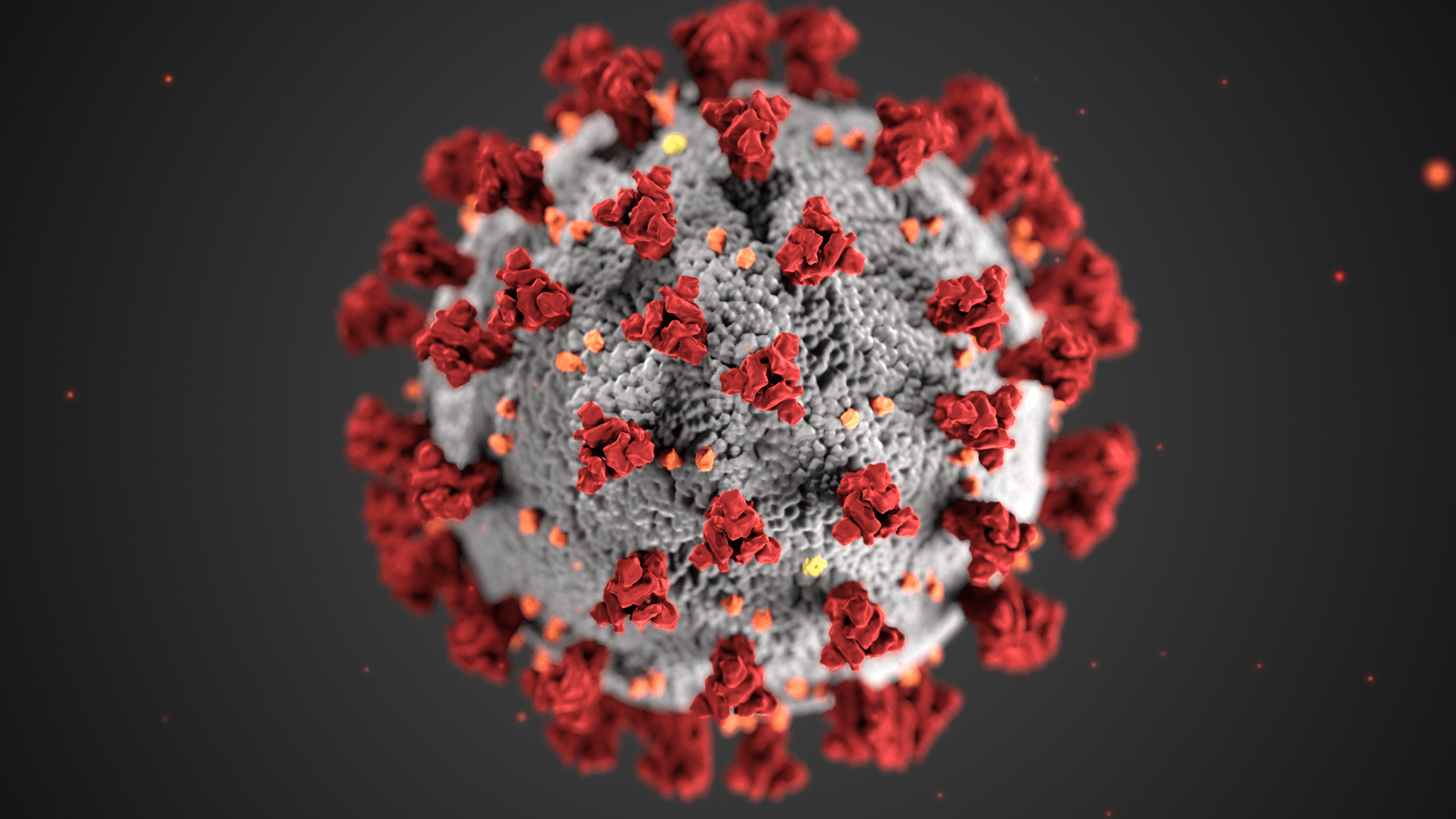Pandemic - COVID-19 and national security

By Scott Tilley, Senior FellowDecember 31, 2020 – If there’s one story that ruled 2020, it’s the COVID-19 pandemic that began in Wuhan, China in December 2019 and quickly swept across the globe. In 2003, we suffered through the severe acute respiratory syndrome (SARS) outbreak, which also came from China, but its scope was limited to a few dozen countries before it was contained. In modern times, we’ve dealt with polio, smallpox, and yellow fever epidemics, but we have to look back over a hundred years, to the 1918 Spanish Flu pandemic, for anything similar to COVID-19 in scope. Before that, it’s back to 1348 and the first round of the Great Pestilence (the Black Death).
What have we learned since either of these terrible events? Not much. Until very recently, all we could do was social distance and wear masks. That’s exactly what people were told to do in the past. It didn’t seem like we were any different from 1918 or 1348 – except that in 2020 we shut down the country to contain the virus from spreading, at great cost to our economy and our mental health.
However, the incredibly rapid development of several vaccines for COVID-19 is evidence that science has indeed advanced at a remarkable pace. What usually takes a decade was done in ten months, supported by Operation Warp Speed, with the first jabs already being given in the UK, Canada, and America. It’s no exaggeration to say that STEM areas like bioengineering, data science, and epidemiology have provided the proverbial light at the end of this long novel coronavirus tunnel.
Nevertheless, COVID-19 has exposed serious national security problems, to say nothing of the botched job many public health agencies have done. For example, New York sent COVID-19 patients into long-term care (LTC) homes, causing infections to spiral out of control; the loss of life of our most vulnerable citizens was shocking – and avoidable. Further complicating matters was that China banned domestic flights to and from Wuhan but allowed international flights to continue, ultimately infecting the entire world. COVID-19 quickly overwhelmed countries like Italy that had close commercial ties to Wuhan.
When the first mention of the virus escaped from China and reached the West, there was a mixture of disbelief and a growing realization that we were entirely unprepared for SARS-Cov-2 (it wasn’t called COVID-19 yet). One first example of our unpreparedness was a lack of domestically produced personal protective equipment (PPE). Most of it came from, ironically, China. There were some local stockpiles, but much of the equipment had degraded to the point of uselessness. Some manufacturers were able to quickly pivot to produce PPE and other medical devices, such as ventilators, but we should never have been in the position of offshoring something so vital as the tools needed to fight a pandemic.
COVID-19 also exposed the hard truths of the vulnerability of global supply chains. For example, we’ve been slow off the mark for rapid testing at scale. Part of the reason for this tragedy is that many of the ingredients needed for the tests, such as the reagents, are in short supply. The polymerase chain reaction (PCR) tests are also slow and complicated, requiring specialized labs and personnel. At the start of the pandemic, all tests from across the country were sent to the Centers for Disease Control and Prevention (CDC) in Atlanta. Thankfully, that’s no longer the case.
An example of the fragility of global supply chains is the fact that a considerable part of American’s prescription drugs come from China and India. Moreover, Canada no longer has the domestic ability to manufacture vaccines; they are currently importing Pfizer’s vaccine from a plant in Belgium and Moderna’s vaccine from Paris. With the recent discovery of a new strain of the virus that appears to be up to 70% more transmissible than the strain currently circulating, Europe (and especially the UK) is going into lockdown again. People in London are concerned about food shortages because France closed all their borders – including lorry traffic. That’s about 6,000 trucks a day carrying goods across the Channel. If any foreign power wanted to strategically disrupt the West’s economy, the coronavirus seems like a great choice.
Going forward, governments should seriously consider bringing the manufacturing of critical parts of the economy back home, where they can be controlled by our officials, not be managed at the whim of foreign agencies. The short-term cost may be greater, but we’re experiencing the long-term costs now. This truly is a national security issue, especially if a viral pandemic took place at the same time as a cyberattack on our national infrastructure. Oh, wait, that just happened.
We’ll discuss the SolarWinds cyberattack in a future column.
Photo Credit



